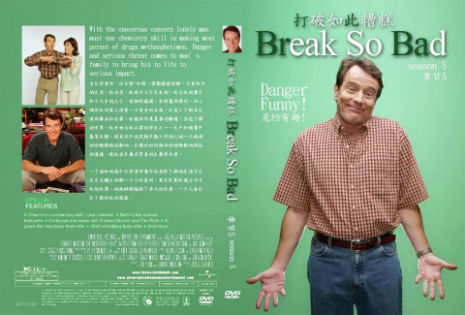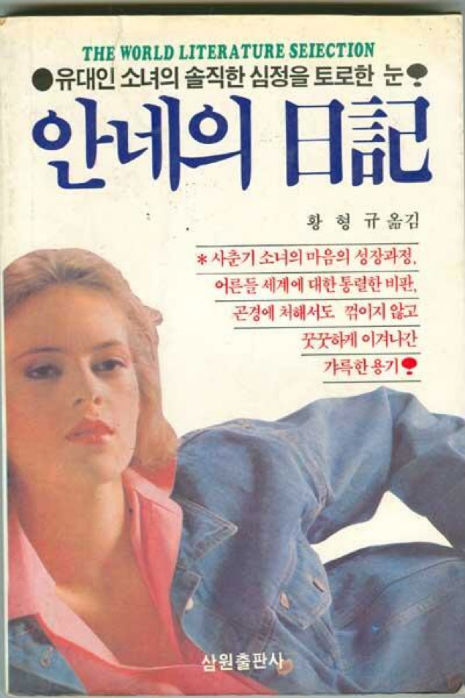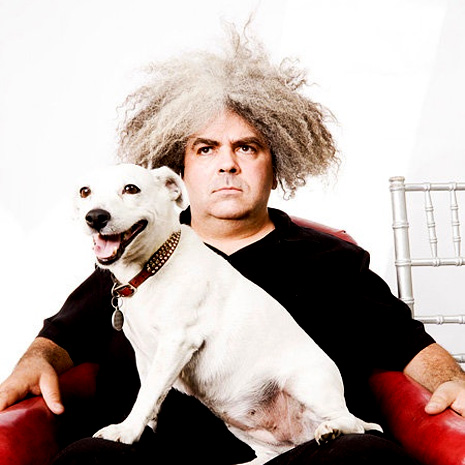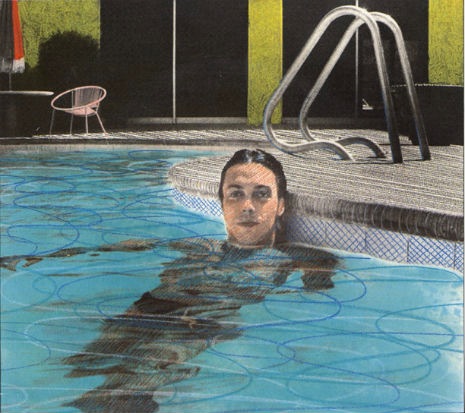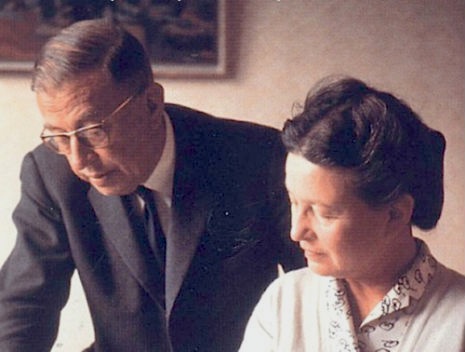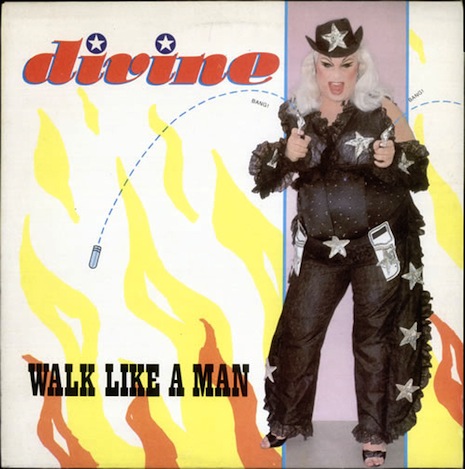
The summer of 1985 was an awfully interesting moment in the struggle to achieve gay rights. AIDS was in full swing but “the story” had not “broken” in the general media—Rock Hudson’s death of that terrible disease, which would do so much to “mainstream” AIDS, hadn’t happened yet. The gay community was obviously acutely aware that an epidemic was occurring, but clueless Ronald Reagan refused to countenance it. During the 1980s and into the 1990s, the gay community was intensely politicized, in a way that we have to some extent forgotten. A gay pride event was no ordinary thing, it was politicized by definition. (The Oscar-nominated 2012 documentary How to Survive a Plague does an excellent job of documenting this period.)
Gay Pride Day in London that year was June 29, and as the blog Gay in the 80s well demonstrates, after lackluster turnout in the previous two years, there were many passionate protest events.
At this point in his career, Divine was spending a good deal of time in London and Europe generally, as Richard lovingly outlined in this post a couple of months ago; the same post includes several videos from Divine’s Hi-NRG/disco phase. He appeared on Top of the Pops, and some of his tracks made the charts. The beloved DJ John Peel lavished praise on him on the radio.
For the Gay Pride event in London, someone had the bright idea of showcasing Baltimore’s favorite drag queen on a boat on the Thames River. It’s difficult to reconstruct from the vantage point of today, but there just weren’t that many celebrities who were out in 1985. Being an out gay actor was tantamount to ensuring oneself marginalization, if not penury.
But as the star of several of John Waters’ scummy cinematic masterpieces, Divine was used to marginalization. His qualified successes on the pop scene surely felt like a measure of acceptance. It may also have been clear to him that his appeal cut across the regular lines of sexuality. Humor does that; if you’re funny and lighthearted (no matter how much pain you may be masking), people are going to respond to that.
Having insisted that his appearance not be “political,” Divine sang two songs as the “pleasure boat” floated past the Jubilee Gardens. But that appearance was as political as anything he ever did. The video below is enjoyable just to hear a portly 39-year-old former hair stylist from Baltimore belt out, with a voice as raspy as can be, his cover of the Four Seasons’ “Walk Like a Man” and then “Native Love (Step by Step),” the latter of which includes the defiant lyrics: “Hey GQ man, here I stand / For everyone to see / And if I’m not your type, well that’s alright / ‘Cuz that don’t matter to me.”
And there’s nothing quite so “Baltimore” as Divine’s between-songs patter: “Well fuck you all very much! … Let’s hear it for London, yeah! … Okay, It’s real good to be here, I fucking love you, yeah!” Pithy and to the point.
Divine’s manager Bernard Jay, in his book Not Simply Divine, reveals some of the background of the event:
Although he was always loyal to and appreciative of his gay audience, he was also very well aware that it wasn’t every one of them who approved. “I am trying to say to people, ‘Learn to laugh at yourself,’” he said. “Gay or straight, it helps if you can look at yourself for what you are and either accept it or do something about it.” For those gays who believed he demolished their public relations efforts, he added, “I cannot believe anyone can be so prissy and humorless. I am sure they are closet numbers who go home from the office, slip off their three-piece suits, and cook dinner wearing a silk slip and high heels.”
When he finally decided to stop avoiding the issue and answer the probing journalists directly, his astute comment was more amusing than revealing. “Don’t tell me about minority groups,” he told them. “I am a gay actor trying to make his living wearing a dress. Now that really is a minority group.”
Our good friends at Heaven in London [one of the largest gay discos in Europe] had approached Divi about being this year’s guest performer on Gay Pride Day. Divi and I agreed that he owed it to the club that started it all for him in Europe. And this particular community who had always supported him so loyally and enthusiastically. However, we were still insistent that his participation—without fee, of course—be as an entertainer and not interpreted as a political statement. He would make no speeches from the stage.
Heaven’s man in charge came up with the novel idea of Divi performing two songs, standing on the roof of a hired pleasure boat as it sailed slowly along the Thames and passed the Jubilee Gardens, where the celebrations would be taking place.
It was a huge success. The sight of Divine, in a body-hugging silver-blue gown, precariously balanced in heels on the sloping roof of the small craft, gently rocking on the tide of the Thames, while the makeshift speakers screamed “You Think You’re a Man,” was definitely one for sore eyes. As he performed, gyrating to the beat in his usual outrageous manner, another pleasure boat—this one full of innocent tourists—passed by. I noticed their tour guide busy trying to explain this extraordinary additional London attraction of a huge bum, swaying and rocking on top of a boat, to music that they couldn’t hear in their position on the Thames.
As Gay in the 80s noted, “All-in-all, it was an extraordinary – and empowering – day. It was the day that our community came together to ensure the future of Lesbian and Gay Pride. The rest, as they say, is history.”
Posted by Martin Schneider
|
03.27.2014
11:55 am
|
